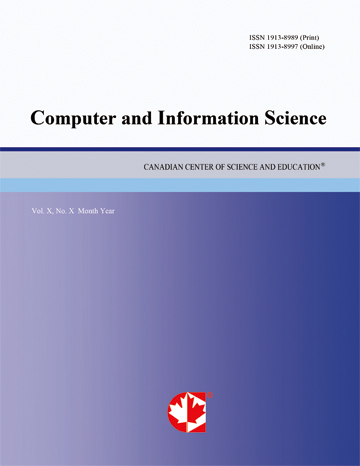Applying AI in the Healthcare Sector: Difficulties
- Abdussalam Garba
- Muhammad Baballe Ahmad
- Mukhtar Ibrahim Bello
Abstract
Artificial intelligence (AI) broadly speaking refers to any behavior shown by a computer or system that is similar to that of a person. Computers can learn from data without explicit human programming thanks to a kind of artificial intelligence known as "machine learning". The application of artificial intelligence (AI) technologies in medicine is one of the most important current trends in global healthcare. Artificial intelligence-based technologies are radically changing the global healthcare system by allowing for a drastic rebuilding of the medical diagnostics system and a corresponding decrease in healthcare costs. Prior to beginning treatment, an illness must be classified into which class of disorders it belongs. It is possible to classify the disease kind according to the feature space of the ailment. Machine learning algorithms can help with this problem.
- Full Text:
 PDF
PDF
- DOI:10.5539/cis.v16n4p78
Journal Metrics
WJCI (2022): 0.636
Impact Factor 2022 (by WJCI): 0.419
h-index (January 2024): 43
i10-index (January 2024): 193
h5-index (January 2024): N/A
h5-median(January 2024): N/A
( The data was calculated based on Google Scholar Citations. Click Here to Learn More. )
Index
- BASE (Bielefeld Academic Search Engine)
- CNKI Scholar
- CrossRef
- DBLP (2008-2019)
- EuroPub Database
- Excellence in Research for Australia (ERA)
- Genamics JournalSeek
- GETIT@YALE (Yale University Library)
- Google Scholar
- Harvard Library
- Infotrieve
- Mendeley
- Open policy finder
- ResearchGate
- Scilit
- The Keepers Registry
- UCR Library
- WJCI Report
- WorldCat
Contact
- Chris LeeEditorial Assistant
- cis@ccsenet.org
